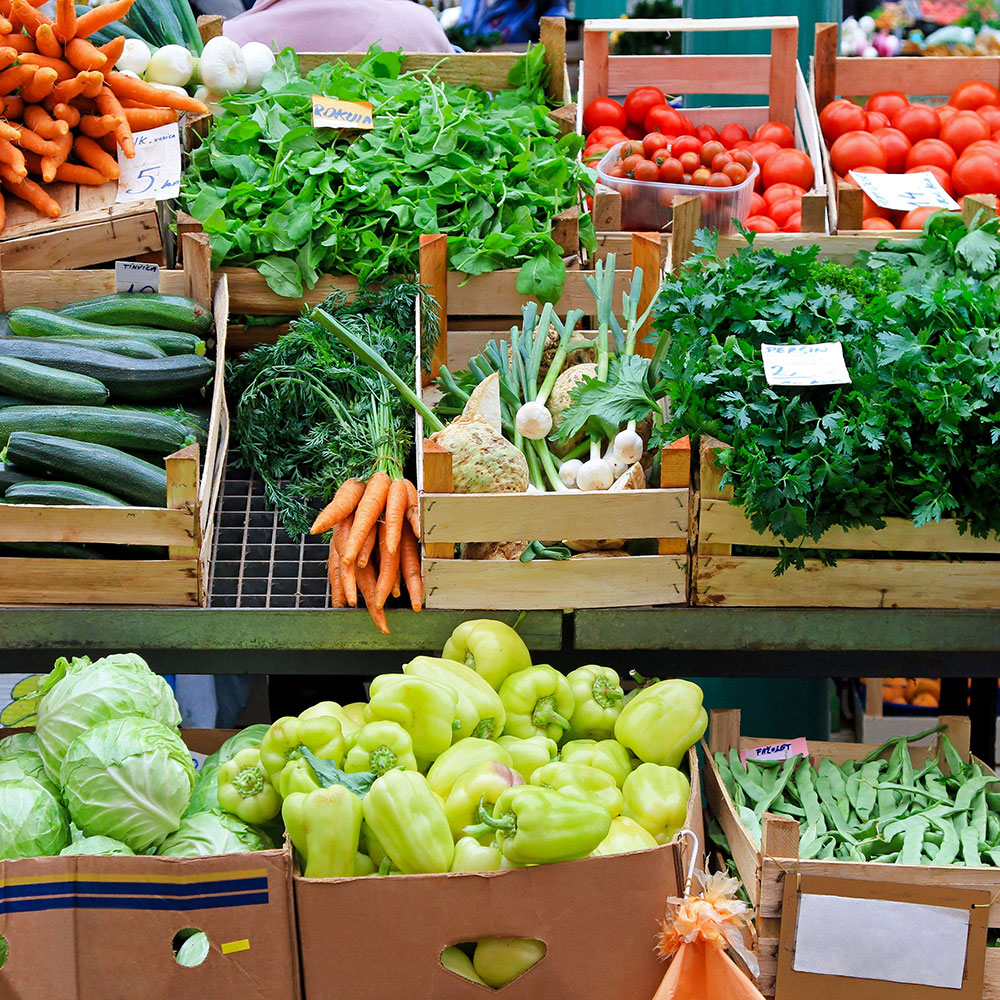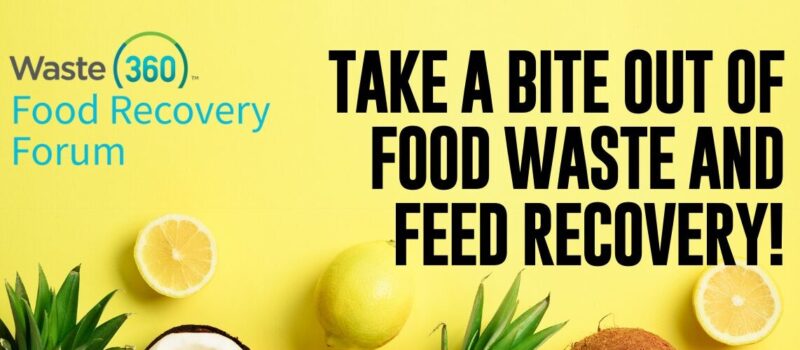On May 7, part of the Littlefoot team flew to Las Vegas for the WasteExpo Food Recovery Forum by Waste360. On the second day of the conference, Eva had the opportunity to moderate a panel with Katherine Miller (Author, At the Table and Founder & Principal, Table81), Suzanne Landry (VP of Wellness & Sustainability, Eurest | Compass Group USA), and Harry Tannenbaum (Co-founder & President, Mill).
Amongst this powerhouse crew, the goal was to discuss the role of the chef and the consumer when it comes to food waste reduction in their respected kitchens. Pulling from Katherine’s background and relationships with chefs, Suzanne’s experience with chefs and consumers in foodservice, and Harry’s success in reducing food waste going to landfills from homes through the creation of Mill composters, these panelists offered priceless insights for the audience.
While conversation ebbed and flowed through food waste reduction in kitchens, there were two recurring themes during the panel:
- How do we valorize food and use it for its highest and best use?
- How do we make food waste reduction simple, cool, easy, and cost effective, and even profitable?
In the first part of the conversation, Katherine Miller and Suzanne Landry spoke on the role of the chef when it comes to food waste reduction. Miller noted that chefs have a significant role to play in food waste reduction due to their unique place in many people’s lives– they can exercise influence within the supply chain and in their kitchens, they can educate a wide array of consumers on the reality of food loss and waste in a way that is reclaiming the purpose of foods, and they can also have influence on the enabling environment that ultimately has a greater impact on long term reduction.
As for the role of the consumer, Harry Tannenbaum spoke about the precariousness of behavior change. Asking too much of consumers often leaves them confused. This is why it is important to meet eaters where they are, having a degree of familiarity to build trust and confidence as an on ramp for positive consumer behavior. Because it oftentimes is food, not waste, there needs to be a reframing to highlight the highest level of utilization of the products that are delicious and can be used on the plate.
The intersection between financial benefit and sustainability seemed to be the sweet spot across all three panelists. Sustainability is attractive and exciting and interesting if, and only if, it makes money. The solutions need to make more money today than the existing system does. It is clear that food waste reduction is directly related to saving money and fiscal responsibility, and with most Americans wasting $2,000 worth of food per year, change is needed.
While these perspectives were provided in the context of food loss and waste, they can be adopted for all sustainability strategies. If companies aren’t thinking about food loss and waste, they are lost. They are losing both in terms of their margins and their customer base, especially considering that future generations are voting with their dollar.
The bottom line: we need systems change. In order to have system-level change, one, it must be easy to do the right thing, two, we need to work together, and, three, we have to inspire enabling environments to create this change to the greater system.
Thank you Suzanne, Katherine, and Harry for being a part of this panel. Your expertise and experience are valued and we are grateful we were able to share your perspectives with this audience.



